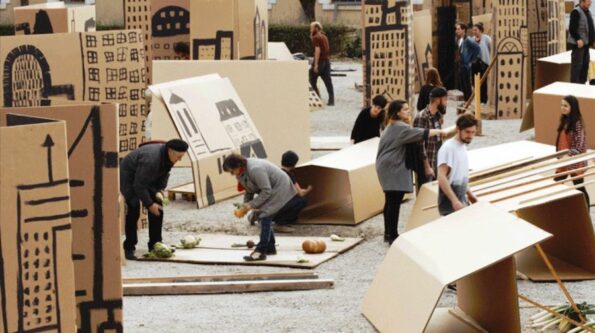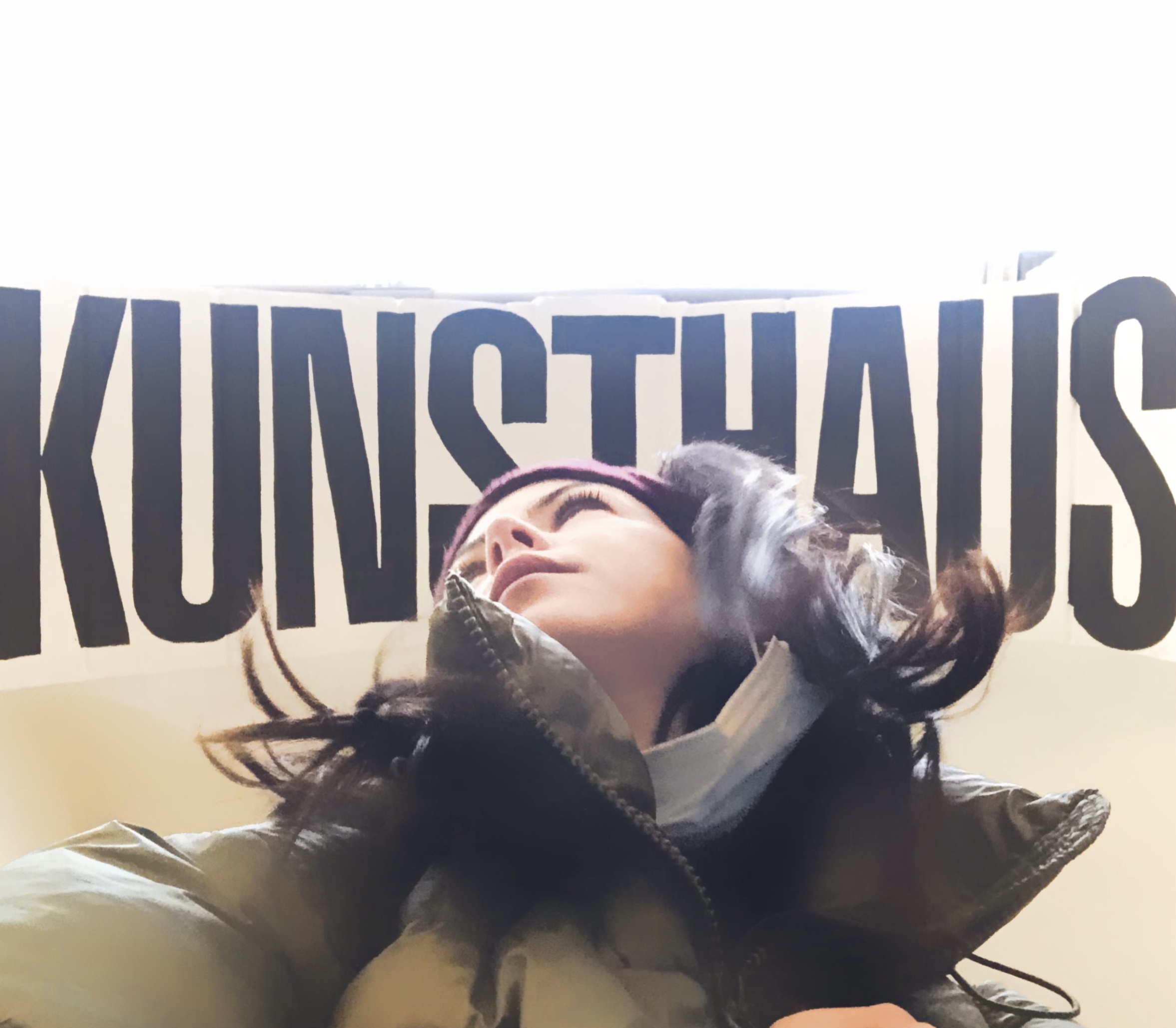Search
To search for an exact match, type the word or phrase you want in quotation marks.
A*DESK has been offering since 2002 contents about criticism and contemporary art. A*DESK has become consolidated thanks to all those who have believed in the project, all those who have followed us, debating, participating and collaborating. Many people have collaborated with A*DESK, and continue to do so. Their efforts, knowledge and belief in the project are what make it grow internationally. At A*DESK we have also generated work for over one hundred professionals in culture, from small collaborations with reviews and classes, to more prolonged and intense collaborations.
At A*DESK we believe in the need for free and universal access to culture and knowledge. We want to carry on being independent, remaining open to more ideas and opinions. If you believe in A*DESK, we need your backing to be able to continue. You can now participate in the project by supporting it. You can choose how much you want to contribute to the project.
You can decide how much you want to bring to the project.

For Hannah Arendt, talking about the concept of community is inseparable from a reflection on the political, and so it’s important that when launching a series of articles about communities, to recapitulate some key ideas of her thought. This is even more the case if the current political situation urges us to carry out an interpretation of events, still hungover from the recent Spanish elections and just before other no less important elections, such as in Argentina. Country which has just inaugurated the fourth edition of the Bienal Sur, in which the artist Jordi Colomer, among others, participates with a project in which he reflects on these same questions.
It should not be forgotten that Communism was, in fact, a laboratory for imagining the concept of community (it even came to be called on some occasions “the authentic community of women”) and perhaps it is not unreasonable to say that what we recently have been calling practices of pro-common is nothing more than a euphemism. A political community, according to Hannah Arendt, is constituted fundamentally thanks to an act of presence carried out by citizens, which reveals the decisive role of culture and art in making themselves visible.
Beyond betting on representation policies, in recent years we have witnessed an unquestionable tendency to group forces and work dynamics in art through various modalities of communities, taking into account of what Massimiliano Mollona has called Art/Commons (co-production, participation, mutualism and the valorization of reproductive work), with documenta fifteen being perhaps the culmination of an entire cycle. Spain had its fundamental laboratory in the Museo Nacional Centro de Arte Reina Sofía.
We are aware, however, that political scientists, such as Michael Hardt or Loretta Napoleoni, have warned that certain forms of decentralized organizations within collaborative networks have become the dominant form of organized work, which should make us reflect on the proximity of the creative community to entrepreneurship. In fact, we have already seen how on occasions the cultural industry exists within the center of the new economy.
This cultural shift has been taken as an excuse to justify the emergence of certain conservative positions from within the left itself (as is the renewal of a certain red fascism) that denounce the separation of the creative sphere from the reality of the working classes, at the same time as they promote conservative populist discourse that has ended up supporting the narrative of the extreme right.
If we take into account other contexts, such as Italy, where the majority of the cultural and intellectual sphere has ended up giving up its political commitment to the public sphere and abandoning society to its fate in the hands of the extreme right, a self-critical reflection from within the creative class is needed to take into account the necessity of thinking about forms of diverse communities incorporated into more sectors of society and that represents a decisive break with exclusive snobbery. This is even more important when a kind of exacerbated nihilism and radical exhaustion have led many of us (artists, curators, designers, academics) to mistakenly think that stopping the advance of the extreme right is impossible. This reflection, however, cannot be subsumed within this new left-wing conservatism but instead must be articulated in complete antagonism.
Exactly 30 years ago, the political scientist Chantal Mouffe published The Return of the Political, first inspiring battles and then laying the foundations for a political project with which many of us grew up. We learned then that thepoliticalis an essential dimension of antagonism, unlike politics which refers to the different activities aimed at organizing human coexistence, what Chancellor Otto von Bismarck called “the art of the possible.” Now, at a time when we are rethinking forms of community, perhaps it is time to reimagine the art of the impossible.
(Front picture: Video frame X-Ville by Jordi Colomer, 2015 (Prod Xarxa, Loop, ESAAA), project from which he has started for Casas vacías no hacen ciudad that is currently participating in the South Biennial (Buenos Aires))

Diana Padrón: I work because they told me it was a game, a debate, a dance and yes, many times I have a good time. Because I have a commitment to the city where I live, to art, to criticism, to the public sphere. Obviously I work because it is imperative to be self-sufficient, but above all it is imperative to accumulate symbolic capital. I would find it obscene to equate myself with the salaried worker, our model is more that of the entrepreneur. I work to reproduce capital, to innovate in labor flexibility, to experience the ultimate in self-exploitation, and to be invited to fun parties. Paradoxically, I also work to imagine some kind of collective. Because in the end, let’s not be nihilists, there must be something in art that points to some sort of outside. I work in case one day, among all of us, we invent another world / dianapadronalonso.com
"A desk is a dangerous place from which to watch the world" (John Le Carré)